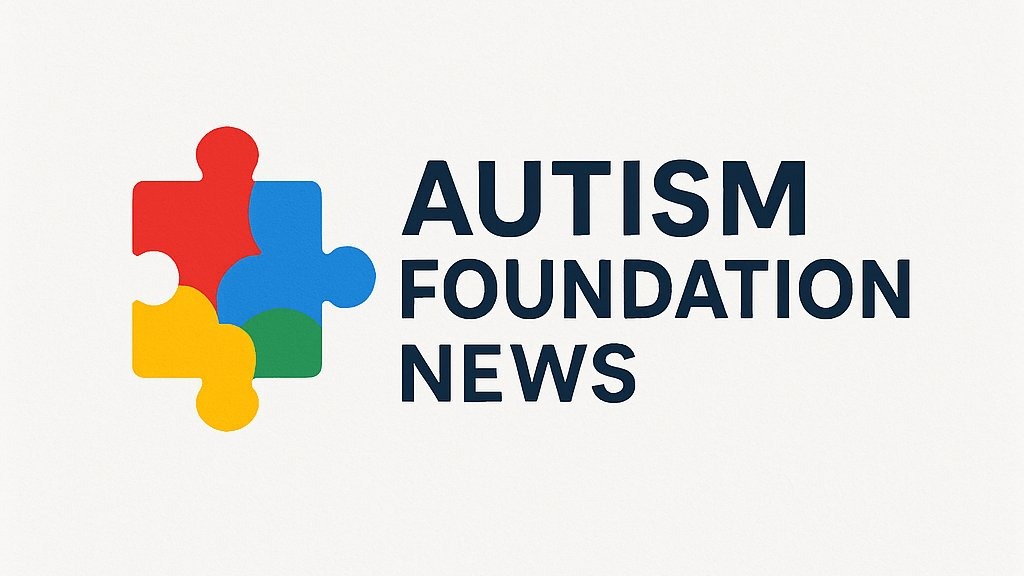
A Game-Changer: ASN’s New Scholarship Program for Nutrition Students
In an exciting development for aspiring nutritionists, the American Society for Nutrition (ASN) has unveiled a groundbreaking initiative to support students in nutrition programs. Beginning January 2026, ASN will provide complimentary memberships to graduate students enrolled in institutions that are part of their Academic Nutrition Departments and Programs (ANDP). This transformative scholarship program aims to remove financial barriers, ensuring that future nutrition leaders have access to essential resources and networking opportunities.
Dr. Naïma Moustaïd-Moussa, the President of ASN, expressed the significance of this initiative, stating that graduate school is a pivotal moment in a scientist's career. The complimentary membership will open doors to a community dedicated to mentorship and professional growth. By fostering a supportive environment, ASN is setting the stage for a stronger and more diverse pipeline of nutrition science leaders.
Comprehensive Benefits for Future Nutritionists
The scholarships are designed not only to alleviate financial stress but also to enhance educational experiences. Graduate students receiving ASN membership will gain access to:
- Members-only platforms for networking and mentorship, such as ASN Connect and ASN Table.
- Online access to key journals, including the American Journal of Clinical Nutrition and Advances in Nutrition.
- Opportunities for free publication in leading journals, discounted registration for ASN’s annual meeting, and much more.
With these resources, students are poised to make impactful contributions to the field, connecting with professionals and peers to further their careers in nutrition.
The Impact on Student Development
Maria Cinzori, Chair of ASN's Student Interest Group, emphasized that removing financial barriers empowers students by providing access to vital networking, leadership opportunities, and educational webinars. This scholarship initiative is not just about financial assistance; it’s about equipping the next generation of nutrition professionals with the tools and connections they need to thrive.
Why This Matters to the Autism Community
For individuals with autism and their families, this initiative holds particular relevance. As research increasingly highlights the importance of nutrition in managing autism symptoms, fostering professionals who understand these dietary needs is critical. Graduates grounded in a strong academic and practical foundation can drive forward evidence-based practices that support individuals with autism, crafting diets that cater to their unique requirements.
This scholarship program allows students to focus on their studies without the burden of financial strain, potentially leading to innovative approaches in autism-friendly nutrition. Families seeking to enhance their loved ones' health and wellbeing can greatly benefit from the advocacy and research conducted by these emerging professionals.
How to Get Involved
To take part in the ASN Student Member Scholarships or to learn more about becoming a member of ANDP, prospective students and institutions are encouraged to visit nutrition.org/ANDP or contact ASN directly at andp@nutrition.org.
This initiative marks a key step toward advancing nutrition education and supporting the next wave of professionals committed to enhancing public health and wellness. Students interested in nutrition should seize this opportunity and potentially make a significant impact on the community and beyond.
 Add Row
Add Row  Add
Add 




Write A Comment